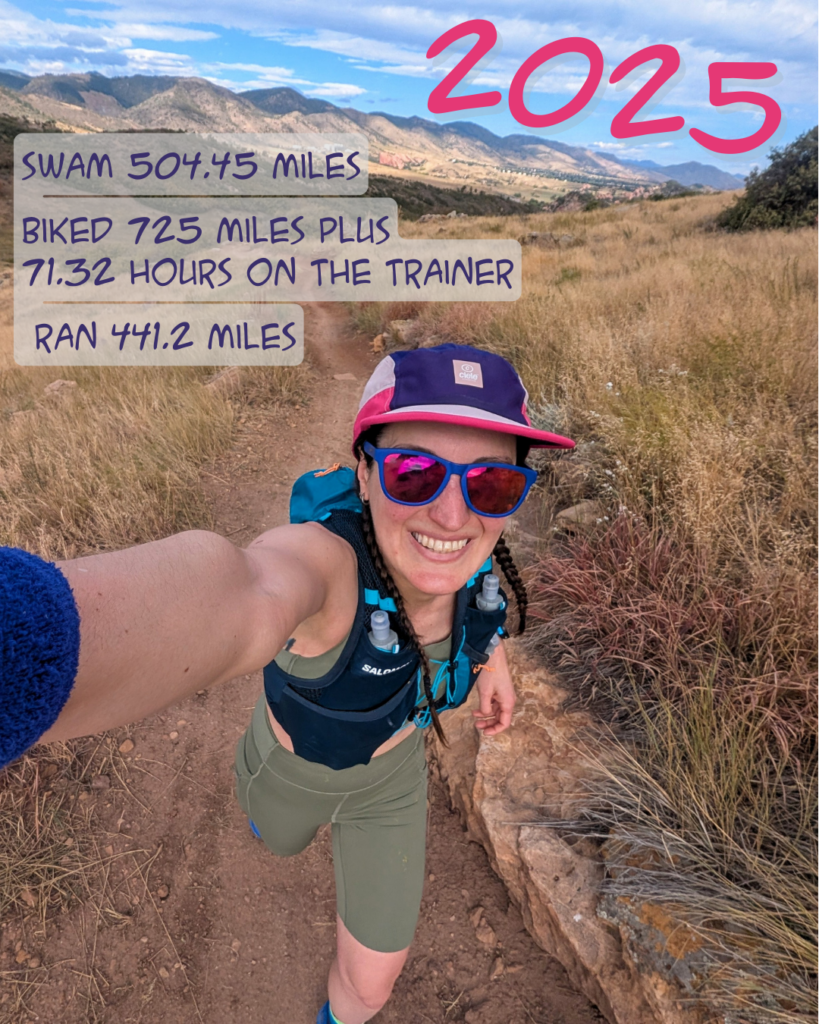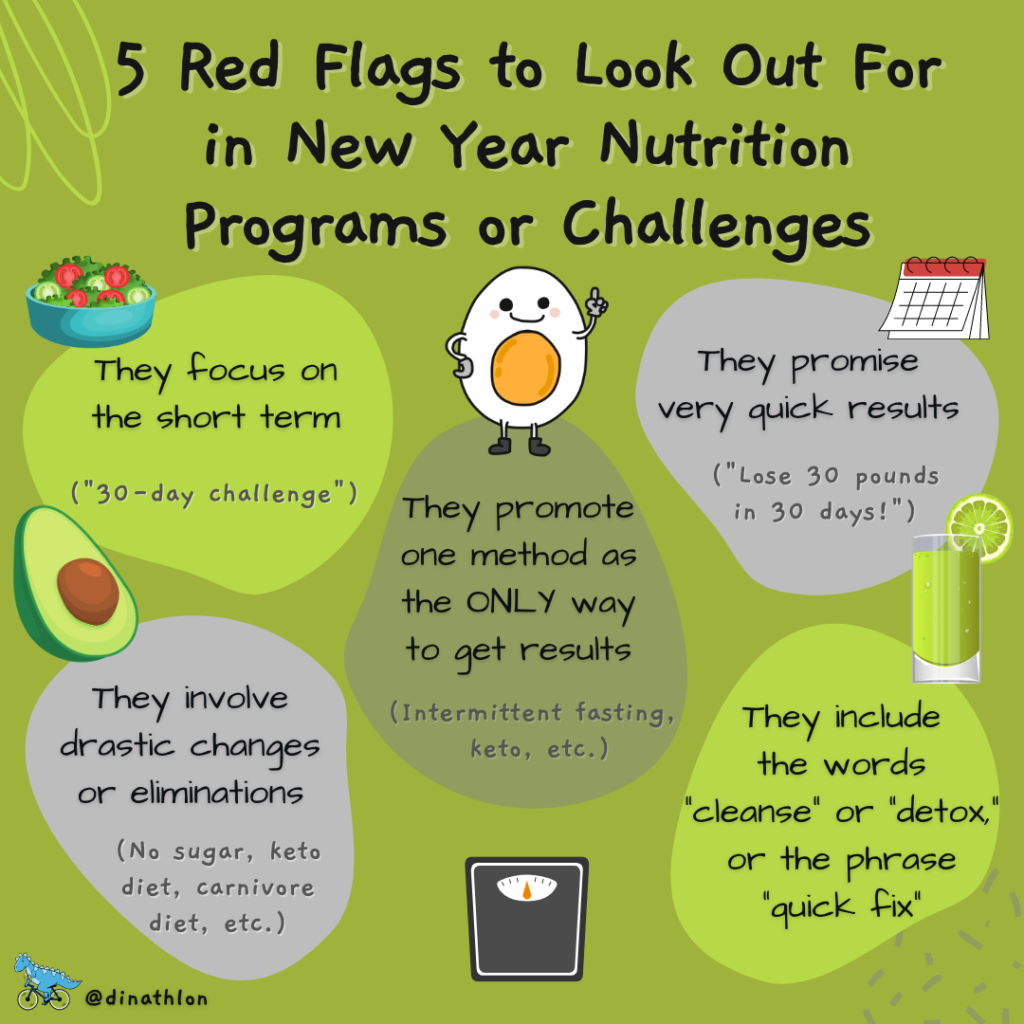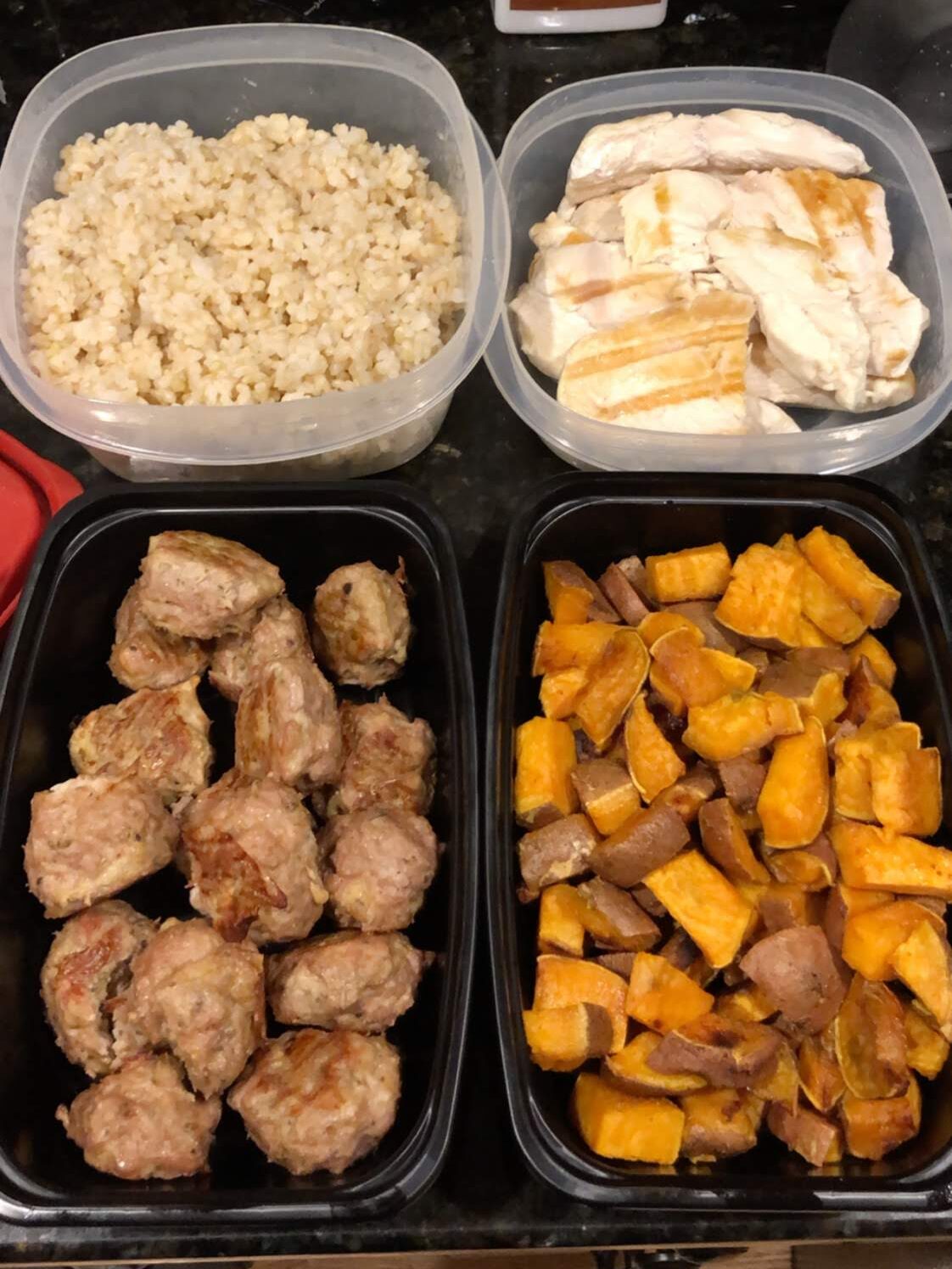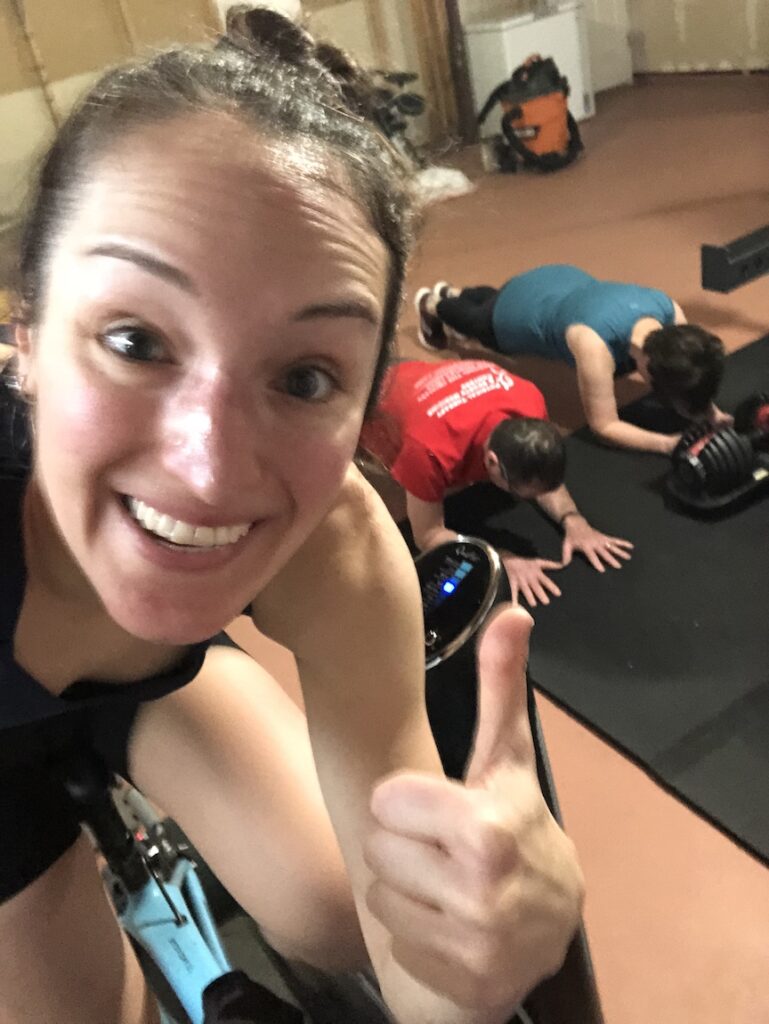
Who here has set New Year’s Resolutions or goals related to health and fitness that just don’t work?
Or you’ve tried something different in January, and maybe it worked for a little while, until it didn’t?
Or you’re not sure how to go about setting goals that you’ll actually be able to accomplish?
Let’s dive into it and figure out why you haven’t had success, and what tools will help.
1. Were your habits/methods/actions sustainable?
We’re being hit right now by the advertising of new diets, weight loss tips, and challenges.
Some of it may sound promising. Especially if you have a fat loss goal or want to improve your health. Maybe you’ve tried some of these in the past.
So what are the red flags to look out for in these programs?
They focus on the short term, such as a 30-day challenge
Ask yourself: what am I going to do at the end of these 30 days?
Unless you plan on continuing for months and years, it won’t work.
Temporary changes mean temporary results.
They promise very quick results (“lose 30 pounds in 30 days!!”)
The thought of it ONLY taking 30 days to reach a fat loss goal is very attractive. It’s also completely unrealistic.
Does it sound too good to be true? That’s because it is.
In order to accomplish that, you have to be very restrictive. Which is very unsustainable. And probably not how you want your lifestyle to look.
You want to make changes that will last for the rest of your life. What’s the rush?
They involve drastic changes or they eliminate entire foods
Remember: if your methods and habits aren’t sustainable, your results won’t be sustainable.
Can you live without carbs for the rest of your life?
Can you only drink juice and smoothies for the rest of your life?
Can you avoid all sources of sugar for the rest of your life?
Drastic changes aren’t necessary for results. No one food is the devil keeping you from success.
They include the words “cleanse” or “detox,” or the phrase “quick fix.”
No, you don’t need to cleanse your body of toxins. You have a liver and some kidneys and a GI tract. They do that for you.
And quick fixes don’t work. You know this if you’ve tried it. Reminder: “it did work…for a little while” means it didn’t work.
They promote one method as the only way to get results
There is no “magic bullet.”
We are all different. We have different schedules, routines, tastes, access to foods.
Do you hate carbs? Keto might work for you. You also might be an alien, but whatever.
Do you hate eating breakfast? Intermittent fasting might work for you. But that’s because of your schedule, NOT because it’s the only way to lose fat.
Just because it works for someone else doesn’t mean it’ll work for you. There is no ONE right way.

If you’ve tried to make a big change like this in the past, and it didn’t work, this is why. Be wary of these things before you spend your time and money. No matter how appealing they may be.
What DOES work?
Slow, sustainable, and realistic. Which, of course, doesn’t sound nearly as exciting as the quick stuff, but it’s the truth. And it’s the key to breaking the yo-yo cycle and making changes that will actually stick.
Check out my article on why this method works by clicking here!
Aren’t sure if your fat loss goal is realistic, or if your methods are sustainable? Click here.
2. Were your goals outcome based, instead of process based?
If you typically set an outcome-based goal, consider process-based goals instead. They’re the actions you take to LEAD you to that outcome-based goal.
For example:
Outcome-based goal:
Lose 20 pounds
Process-based goals:
-Eat a big-ass salad every day
-Walk for 20 minutes every day
-Drink water with every meal
-Eat X grams of protein every day
-…and so on.
You get to celebrate wins more often, and accomplishing these goals will also lead you closer to your initial goal.
Pick one process-based goal to start. Remember, you don’t have to make 10 or 5 or even 2 changes at once. That’s overwhelming.
If you want your changes to last for the rest of your life, what’s the rush?
What this method ALSO does is corrects the issue of goals that are too broad.
Process-based goals are ACTIONS. It’s these actions you take that make the difference.
Take your process-based goals and break them down even further into small actions you can take every day.
For example:
Outcome-based goal:
Lose 20 pounds
Process-based goal for January:
Eat a big-ass salad every day
Possible actions for this goal:
-Every Saturday, make a grocery list with all of the items you’ll need for your salad
-Every Sunday, spend an hour prepping food for your salad (i.e. batch of protein like chicken, batch of grain like quinoa, wash lettuce, etc.)
Additional process-based goal for February:
Walk for 20 minutes every day
Possible actions for this goal:
-Every Sunday, block off time in your calendar for the following week for your daily 20-minute walks
-Every night, lay out your clothes and shoes so they’re ready to go for a morning walk
…and so on.
Read more about this method here.

3. Did you have a support system and accountability?
Support and accountability are wonderful tools to keep you on track.
Remember, you won’t always be motivated. You’ll need discipline as well. And both of those things can be much easier if you’re not in it alone.
Think about it. If you’re meeting a friend for a walk, you’re much less likely to bail and sleep in instead.
Even if someone is just checking in on you, you’re much more likely to get it done. Having someone to answer to other than yourself can be a real kick in the butt.
Consider:
- Joining a group
- Check out local clubs, teams, or exercise classes at the gym
- Telling a friend what you’re doing and asking them to check in with you to see how it’s going
- Bonus if a friend has their own goals, and you can hold each other accountable
- Working with a coach
- Almost every single one of my nutrition clients has told me that the accountability of our regular check-ins has helped them immensely to stay consistent

If you want to set goals for this year, but it hasn’t worked in the past, know that you CAN accomplish them.
It’s just a matter of having the right tools, actions, and support.
And remember: change takes time.
Be patient, even – and especially – if you don’t see progress right away. That doesn’t mean it isn’t working.
The only way you’ll fail is if you quit.
Don’t give up. Keep going. You got this.
What are your goals for this year, and how can I help?
Happy New Year!
-Dina
Dina Grimaldi is a triathlon coach, nutrition coach, & personal trainer who helps athletes reach their goals while finding the balance they need to fit training comfortably into their lives; who guides those with nutrition or health goals to cultivate a lifestyle of sustainable habits and a healthy relationship with food; and who supports others through functional strength training and performance to become strong, healthy, and confident individuals throughout their lives.

It’s easy for me to be overwhelmed or discouraged looking at some leave vague goal. I like how you break things down into achievable parts. This makes it easier to string together smaller successes into a larger success.
Thank you!
*large
You’re welcome! Glad this perspective is helpful!